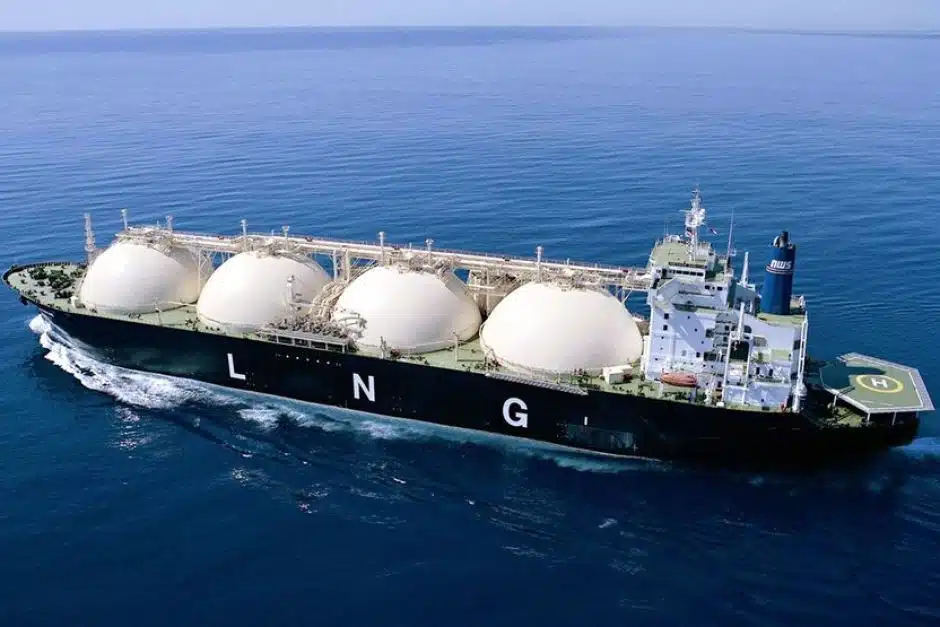The oil and gas industry is one of the most dynamic and rewarding sectors in the world. With its pivotal role in powering global economies and driving technological advancements, it offers a wealth of opportunities for those willing to carve a path within its competitive landscape.
However, building a successful career in this industry requires more than just ambition—it demands a strategic blend of technical expertise, practical experience, and a proactive approach to professional development.
Whether you’re a recent graduate, a career switcher, or someone passionate about energy and exploration, positioning yourself as a valuable asset in this field can feel challenging.
The key lies in mastering essential skills, acquiring industry-relevant certifications, staying informed about emerging trends, and building a strong professional network.
If you’re ready to take your first steps toward a fulfilling career in oil and gas, here are five essential tips to guide you on your journey:
1. Master key skills
To thrive in the oil and gas industry, a well-rounded skill set is crucial. Focus on developing expertise in the following areas:
• Technical Skills: Proficiency in instrumentation, mechanical design, and engineering fundamentals is non-negotiable. These skills form the backbone of many roles in the sector.
• Soft Skills: The ability to solve complex problems, adapt to dynamic environments, work collaboratively, and communicate effectively is equally critical for success.
• Leadership and Analytical Skills: Being able to lead teams, manage projects, and analyze risks will set you apart from the competition.
Invest in continuous learning and professional development to ensure you’re well-prepared for various roles within the industry.
2. Obtain industry certifications
Certifications are essential for establishing credibility and advancing in the oil and gas sector. They validate your knowledge and expertise, making you a more attractive candidate. Consider pursuing these certifications:
• NEBOSH International General Certificate (IGC): Focuses on occupational health and safety.
• IWCF Well Control Certification: Equips you with knowledge of drilling operations and safety practices.
• OSHA 30-Hour Training: Provides insights into workplace safety and compliance.
These certifications not only enhance your qualifications but also prepare you to handle the technical and safety challenges commonly encountered in the industry.
3. Stay updated on emerging trends
The oil and gas industry is undergoing significant transformations, driven by advancements in technology and the push for sustainability. Staying ahead of these trends will position you as an innovative professional.
Key trends to follow include:
• Artificial Intelligence (AI): Revolutionizing exploration and operations.
• Big Data Analytics: Enhancing decision-making through data-driven insights.
• Robotics and Automation: Streamlining processes and improving safety.
• Predictive Maintenance: Reducing downtime and operational costs.
Being well-versed in these areas demonstrates your adaptability and forward-thinking approach, which are highly valued in the industry.
4. Gain practical experience
Practical, hands-on experience is invaluable when starting out in oil and gas. It not only builds your confidence but also provides insight into real-world challenges and solutions.
Here’s how to gain practical experience:
• Apply for Internships or Graduate Trainee Programs: Leading companies like Shell, Chevron, and Schlumberger offer structured programs designed to develop young talent.
• Pursue Scholarship Opportunities: Programs like the NNPC and TotalEnergies International Masters Degree Scholarship Scheme offer fully-funded education, including tuition and accommodation, along with exposure to global industry practices. These opportunities prepare you for leadership roles by combining world-class education with industry-specific training.
Leveraging these opportunities will give you a competitive edge and prepare you for long-term success.
5. Build your network and seek mentorship
In the oil and gas industry, networking is essential for uncovering hidden opportunities and advancing your career. Start by:
• Attending Industry Events: Conferences, seminars, and trade shows are excellent platforms for meeting professionals and learning about the latest developments.
• Joining Professional Organizations: Groups like the Society of Petroleum Engineers (SPE) provide valuable networking and learning opportunities.
• Leveraging LinkedIn and Alumni Networks: These platforms help you connect with industry insiders and stay informed about job openings.
Additionally, seeking mentorship from seasoned professionals can offer invaluable guidance as you navigate career challenges and make important decisions.
Conclusion
Breaking into the oil and gas industry requires more than technical skills—it demands a combination of certifications, practical experience, and strategic networking.
By mastering key skills, staying updated on industry trends, and proactively seeking mentorship, aspiring professionals can set themselves apart and build a successful career in this dynamic sector.
With determination and the right approach, you can unlock the vast potential of the oil and gas industry and embark on a fulfilling journey toward professional success.











